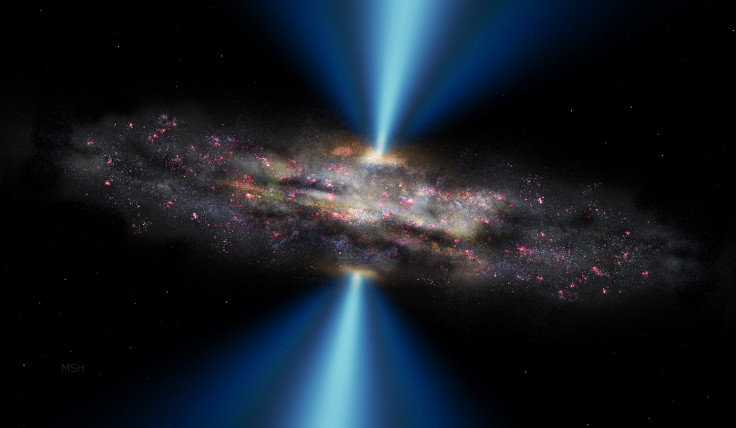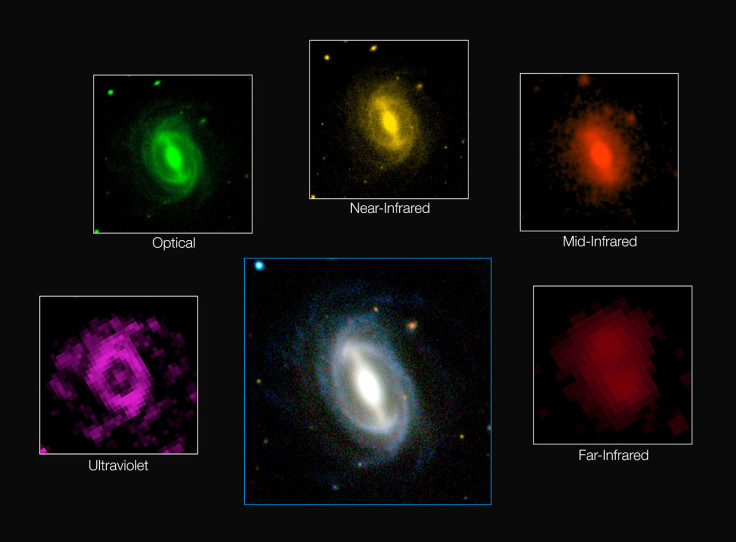GAMA researchers track the slow death of the universe

Research conducted by an international team of astronomers who studied over 200,000 galaxies with more accuracy than ever before have managed to chart the slow death of the universe.
The research was part of the Galaxy and Mass Assembly (GAMA) project, which found energy produced in parts of the universe is just half of what it was two billion years ago. Although it has been known since the late 1990s that the universe is slowly fading, this is the first research to show this lower production of energy is occurring across all wavelengths from the ultraviolet to the infrared. In other words, the universe is slowly but surely dying.
Simon Driver from ICRAR, the University of Western Australia, who heads the large GAMA team, said: "We used as many space and ground-based telescopes as we could get our hands on to measure the energy output of over 200,000 galaxies across as broad a wavelength range as possible."

The research included measurements of the energy output of each galaxy at 21 different wavelengths, which will give a clearer indication to the astronomers on how galaxies form and evolve.
All of the energy in the universe is around as a result of the Big Bang – as theorised by Albert Einstein in his famous E=mc2 equation. GAMA has set out to map and model all of the energy that has been generated within a massive area of space at different points in the past.
"While most of the energy sloshing around in the universe arose in the aftermath of the Big Bang, additional energy is constantly being generated by stars as they fuse elements like hydrogen and helium together," Driver said. "This new energy is either absorbed by dust as it travels through the host galaxy, or escapes into intergalactic space and travels until it hits something, such as another star, a planet, or, very occasionally, a telescope mirror.
"The universe will decline from here on in, sliding gently into old age. The universe has basically sat down on the sofa, pulled up a blanket and is about to nod off for an eternal doze." The research has been presented at the International Astronomical Union XXIX General Assembly in Honolulu.
© Copyright IBTimes 2025. All rights reserved.






















